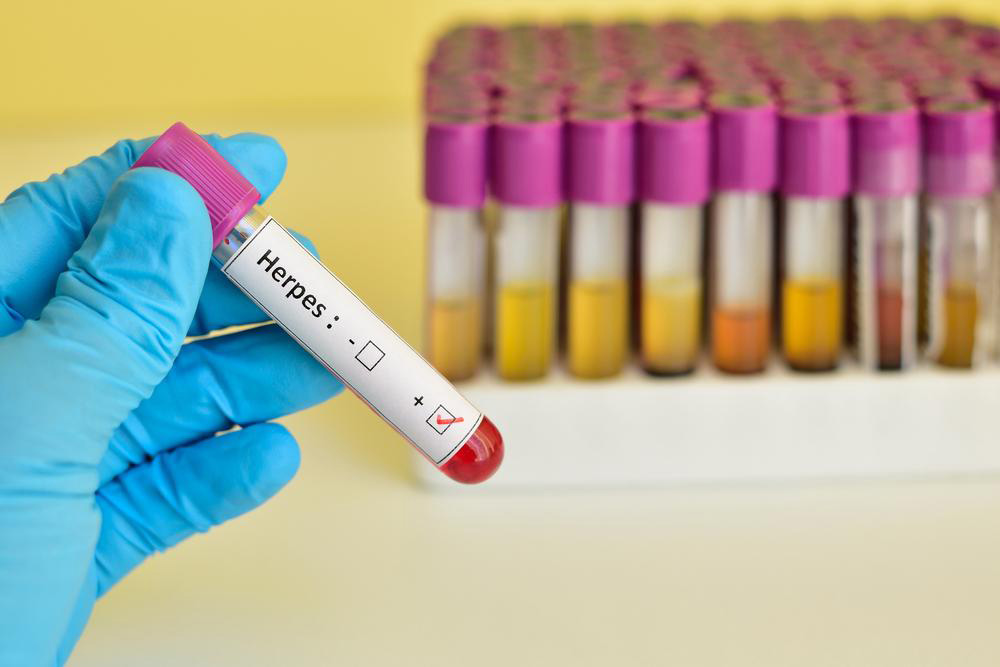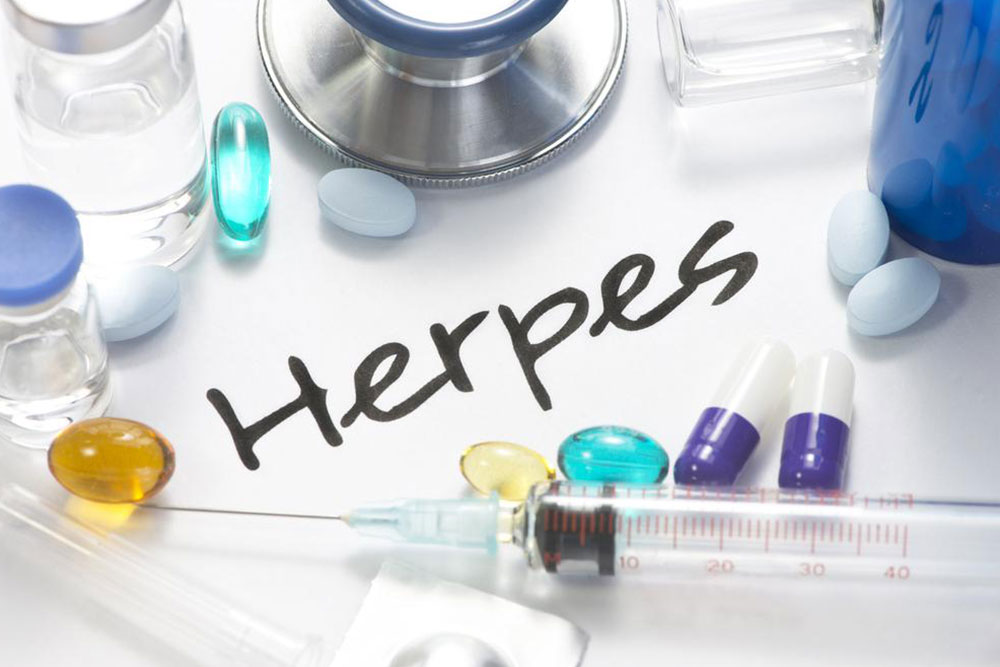Comprehensive Guide to Managing and Preventing Herpes Virus Outbreaks
Herpes simplex virus (HSV) infection is highly prevalent, affecting millions globally. This detailed guide explores how HSV operating mechanisms, transmission modes, outbreak triggers, and current antiviral treatments can be leveraged to manage the infection effectively. Understanding the distinctions between HSV-1 and HSV-2, along with risk management during pregnancy and strategies to prevent transmission, is vital for infected individuals. With advancements in antiviral therapy and lifestyle modifications, it’s possible to reduce outbreaks and improve quality of life. This comprehensive overview aims to empower those affected to take control of their health and minimize the impact of herpes.

Effective Strategies for Managing and Reducing Herpes Virus Infections
Herpes simplex virus (HSV) is a widespread viral infection responsible for conditions such as cold sores and genital herpes, which can cause significant discomfort and emotional distress. Understanding the biology and transmission of the herpes virus is essential for effective management and prevention. This comprehensive guide explores the types of herpes virus, how it is transmitted, factors that trigger outbreaks, and modern treatment options to control the infection effectively.
Herpes simplex virus exists mainly in two forms: HSV-1 and HSV-2. HSV-1 predominantly causes oral herpes, characterized by cold sores and facial lesions, while HSV-2 primarily leads to genital herpes, affecting the genital and anal regions. Studies indicate that approximately one-third of the adult population worldwide harbors the herpes virus, often without exhibiting any symptoms. Once infected, the herpes virus establishes a lifelong presence within the body, remaining dormant in nerve cells and periodically reactivating to cause outbreaks.
Infected individuals may not always be aware of their carrier status until outbreaks occur or through routine medical testing. Various factors can trigger herpes outbreaks, including physical stress, illnesses, hormonal fluctuations, or other infections. Psychological stress also plays a significant role in weakening the immune system, making it easier for the virus to reactivate. Additionally, herpes can be transmitted from mother to child during childbirth, posing serious risks to newborns under certain circumstances.
Transmission Pathways: The herpes virus spreads most commonly through direct skin-to-skin contact during active outbreaks when blisters are present. However, the virus can also be transmitted via contact with infected bodily fluids such as saliva, semen, or vaginal secretions, even when no visible symptoms are evident. The virus can enter the body through small cuts or abrasions, facilitating prolonged persistence in the host.
Viral Shedding and Asymptomatic Transmission: Herpes virus exhibits a process called viral shedding, where the virus migrates along nerves to the skin surface and becomes contagious. Remarkably, this shedding can occur even when no symptoms are visible, which significantly contributes to the silent spread of the infection. Asymptomatic carriers can unknowingly transmit the virus to partners, emphasizing the importance of preventive measures.
Risks During Pregnancy: Pregnant women infected with herpes need to exercise extra caution, as the virus can be transmitted to the unborn baby or during delivery. Proper antiviral management during pregnancy can help reduce risks to the infant and prevent neonatal herpes, which can be life-threatening.
Factors Triggering Outbreaks: Various triggers can provoke the reactivation of dormant herpes viruses. These include immune system suppression due to illness or stress, hormonal changes such as those during menstruation, physical trauma to affected areas, and other concurrent infections. Psychological factors, like stress and anxiety, also play a significant role by impairing immune responses and promoting virus reactivation.
Modern Approaches to Treatment and Management: The primary treatment for herpes outbreaks involves antiviral medications like acyclovir, valacyclovir, and famciclovir. These drugs do not eradicate the virus but are effective at reducing the severity and duration of outbreaks, as well as decreasing the chances of transmission. For individuals experiencing frequent herpes episodes, healthcare providers often recommend suppressive therapy, which involves daily antiviral medication to keep outbreaks at bay and maintain a better quality of life. Alongside pharmacological treatments, lifestyle modifications—such as stress management, good hygiene practices, and avoiding known triggers—are essential components of comprehensive herpes management.





